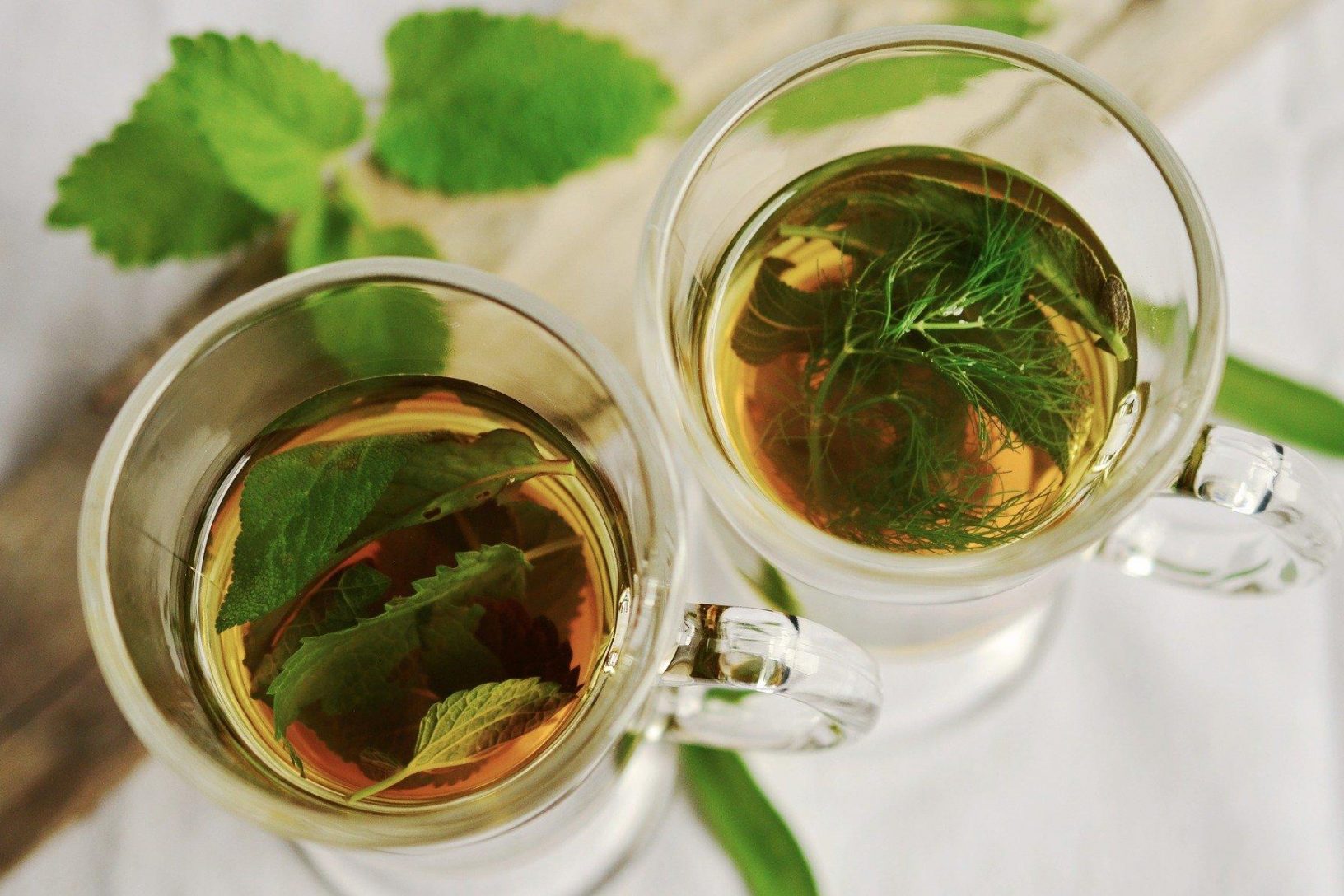Therapeutic benefits of drinking herbal tea.

Herbal tea is a beverage made by steeping herbs, flowers, fruits, or roots in hot water. Unlike traditional tea, herbal teas don’t contain caffeine (unless mixed with true tea leaves), making them a soothing, healthy drink. Each type has unique benefits
The tea releases the water-soluble active ingredients of plants, some essential oils (hence the importance of keeping a lid on during infusion to ensure they are retained), and some aromatic extracts. It is the only form of infusion that preserves the plant's flavors intact.
Herbal teas have many benefits, and each plant offers specific properties.
Herb teas offer some general benefits:
HYDRATION:
Drinking herbal tea contributes to your daily water intake while also benefiting from the beneficial effects of the plants.
RELAXATION AND ANTI-STRESS:
Plants such as chamomile, lemon balm, and verbena have soothing effects that promote relaxation and aid sleep.
DIGESTION:
Certain herbal teas, such as peppermint, fennel, or anise, help relieve bloating, cramps, and digestive issues.
DETOX AND DRAINAGE:
Dandelion, nettle, and birch are known to help eliminate toxins and promote proper kidney function.
IMMUNE SYSTEM BOOST:
Thyme, echinacea, and ginger can help strengthen the body's natural defenses, especially during winter.
ANTI-INFLAMMATORY PROPERTIES:
Certain plants (turmeric, ginger, meadowsweet) have anti-inflammatory properties that can relieve various pains.
RELIEF FROM COMMON ACHES:
A thyme or sage infusion can soothe sore throats, and a linden tea can calm mild migraines.
Drinking herbal tea or infusion is a healthy way to treat yourself. It combines pleasure and well-being. You'll delight your taste buds and invigorate your body.




